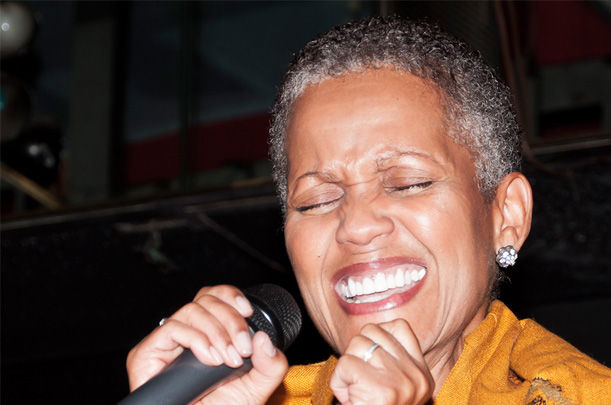

And then, when I thought of that quote again, I thought of what I call the elegance of survival that’s in your books.

Language advisory: About thirty minutes into the interview, Hilton Als quotes a line from Morrison’s “Jazz” that contains the N-word. were incorrigible,” she explained to Als. “I think that’s why he thought that white people . . . In a wide-ranging interview with Als, Morrison discussed her last novel, “God Help the Child,” writing in a modern setting, and her relationship with her father, who she says was complicated and “racist.” When she was older, she learned that he had witnessed the lynching of two of his neighbors. and what is actually going on.” Morrison, who died on Monday, was the first black woman to win the Nobel Prize in Literature and one of the most beloved writers of the twentieth and twenty-first centuries. “I know there is a difference between the received story . . . “The language is manipulated and strangled in such a way that you get the message,” she noted wryly. Now they were present but distorted, she found. In 2015, during a conversation with The New Yorker’s Hilton Als, Morrison observed that the stories she cared about were once absent from the news. An editor by trade, Morrison never stopped noting errors in the paper. Toni Morrison read the New York Times with pencil in hand.


 0 kommentar(er)
0 kommentar(er)
